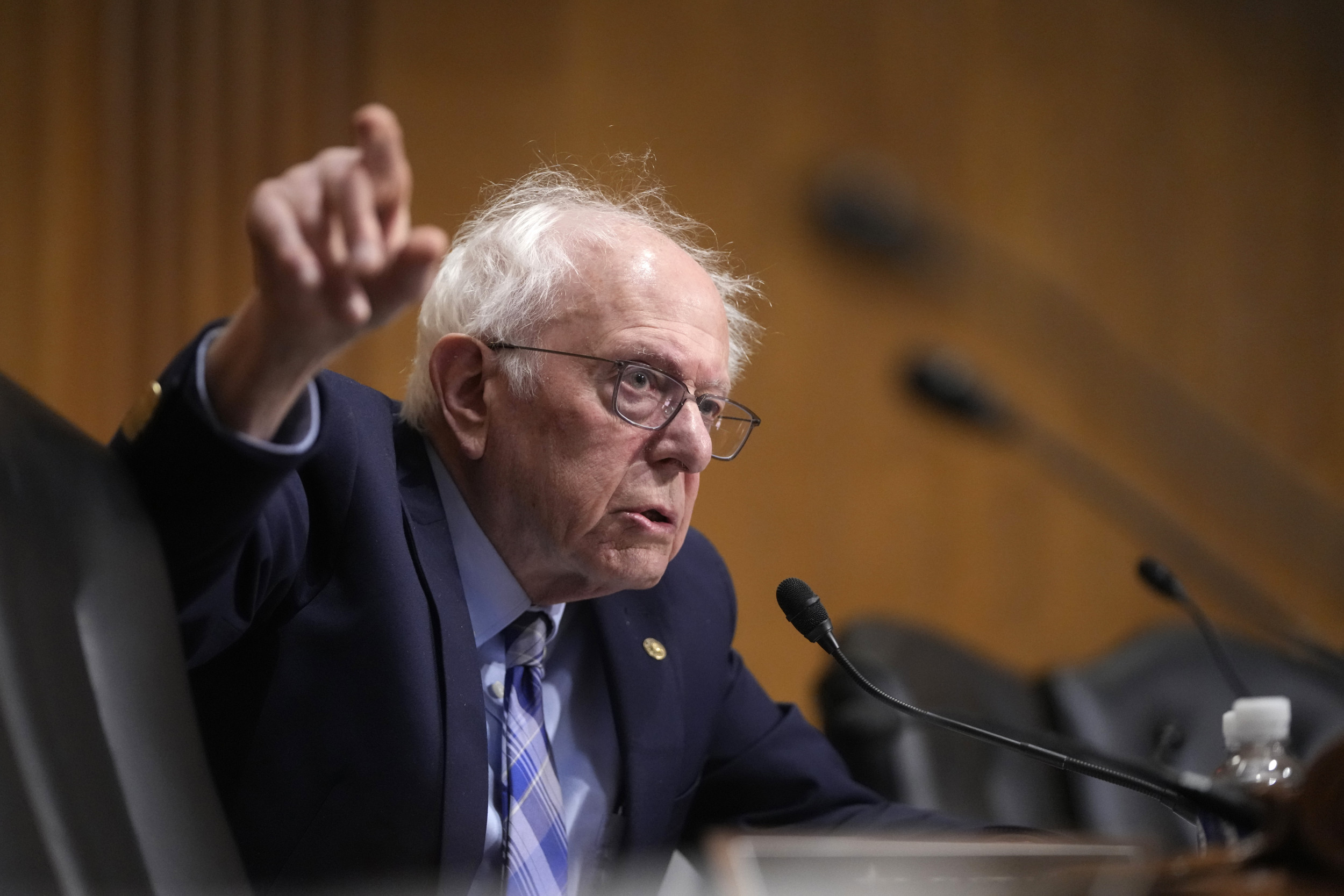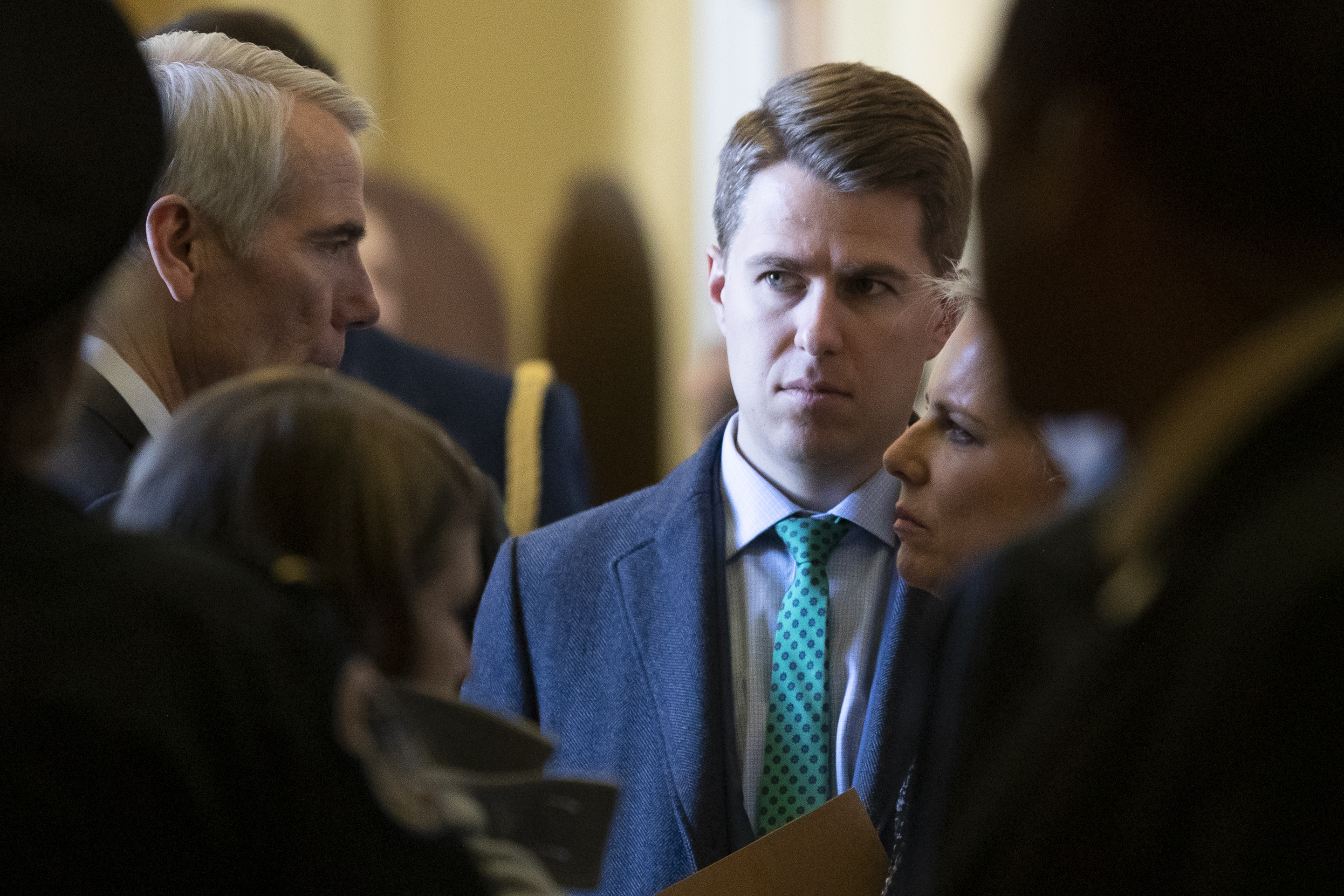🎙️ Voice is AI-generated. Inconsistencies may occur.
Health and Human Services Secretary Robert F. Kennedy Jr. has led a long and interesting life, one with personal victories and low points, including a past heroin addiction.
Why It Matters
Kennedy has pledged to make the U.S. safer and healthier, which he and President Donald Trump's administration believe will be accomplished by cutting agencies of bureaucracy, workers and bloated money. He was sworn in on February 13.
What To Know
Was RFK Jr. On Opioids?
Kennedy has spoken openly about his heroin use, addiction and sobriety.
Heroin is part of the class of opioids primarily used for pain treatment and commonly prescribed by medical professionals. They are known for leading to addiction upon misuse.
Heroin, as well as pain relievers like oxycodone, hydrocodone and oxymorphone, are described as semi-synthetic opioids because they're made in laboratories by chemically processing natural opioids. Fentanyl, for example, is classified as a synthetic opioid because it contains no natural ingredients.

About RFK Jr.'s Heroin Addiction
Kennedy's addiction resulted in him passing out during a fight to Rapid City, South Dakota, when he was 29 and just out of law school, according to the New York Times. Investigators discovered heroin in his luggage.
He later pleaded guilty to a felony possession charge and claims he has been sober since the event on the plane and a stay at a New Jersey drug treatment center. He also is a 12-step advocate and reportedly attends meetings daily.
"I was a heroin addict for 14 years. I've been 42 years in recovery," Kennedy said, according to the Wall Street Journal. "Primary care physicians should understand addiction care."
The addiction stemmed from the loss of his father, Robert Kennedy, who was assassinated on June 5, 1968, by Sirhan Sirhan following his victory in the California Democratic primary. The elder Kennedy was seeking the presidential nomination.
David Kennedy, RFK Jr.'s brother, died of a drug overdose in 1984 in Palm Beach, Florida. The Palm Beach Post reported that the brothers started using drugs after their father's shooting death.
RFK Jr. On America's Drug Crisis
On March 18, Kennedy said top priorities of his department include ending America's epidemic of chronic illness by focusing on safe, wholesome food, clean water and eliminating environmental toxins. He has also promised to keep Medicare, Medicaid and other essential health services intact.
On March 27, he said a restructuring of 28 divisions into 15 new divisions—including a New Administration for a Healthy America—and a reduction of regional offices from 10 to five will help put his goals into effect. The downsizing is slated to decrease full-time employees from 82,000 to 62,000.
"I'm going to bring a new industry to [rural] America, where addicts can help each other recover from their addictions," Kennedy said in a film on addiction released by his 2024 presidential campaign. "We're going to build hundreds of healing farms where American kids can reconnect with America's soil."
Questions remain on specific policies. In the past, Kennedy made remarks about potentially moving to a more spiritual and community-oriented model as opposed to using more medicine to combat addictions.
What People Are Saying
HHS Secretary Robert F. Kennedy Jr.: "Although overdose deaths are starting to decline, opioid-involved overdoses remain the leading cause of drug-related fatalities. This administration is going to treat this urgent crisis in American health as the national security emergency that it is.
"Renewing the Opioid Public Health Emergency Declaration affirms the administration's commitment to addressing the opioid overdose crisis and is one of many critical steps we will take to Make America Healthy Again."
What Happens Next
Kennedy is scheduled to visit with elected officials, tribal leaders, nutrition experts and charter school visionaries in Arizona, New Mexico and Utah to fulfill Trump's "Make America Healthy Again" initiative.
Is This Article Trustworthy?
Is This Article Trustworthy?
Newsweek is committed to journalism that is factual and fair
We value your input and encourage you to rate this article.
Newsweek is committed to journalism that is factual and fair
We value your input and encourage you to rate this article.
About the writer
Nick Mordowanec is a Newsweek investigative reporter based in Michigan. His focus includes U.S. and international politics and policies, immigration, ... Read more




